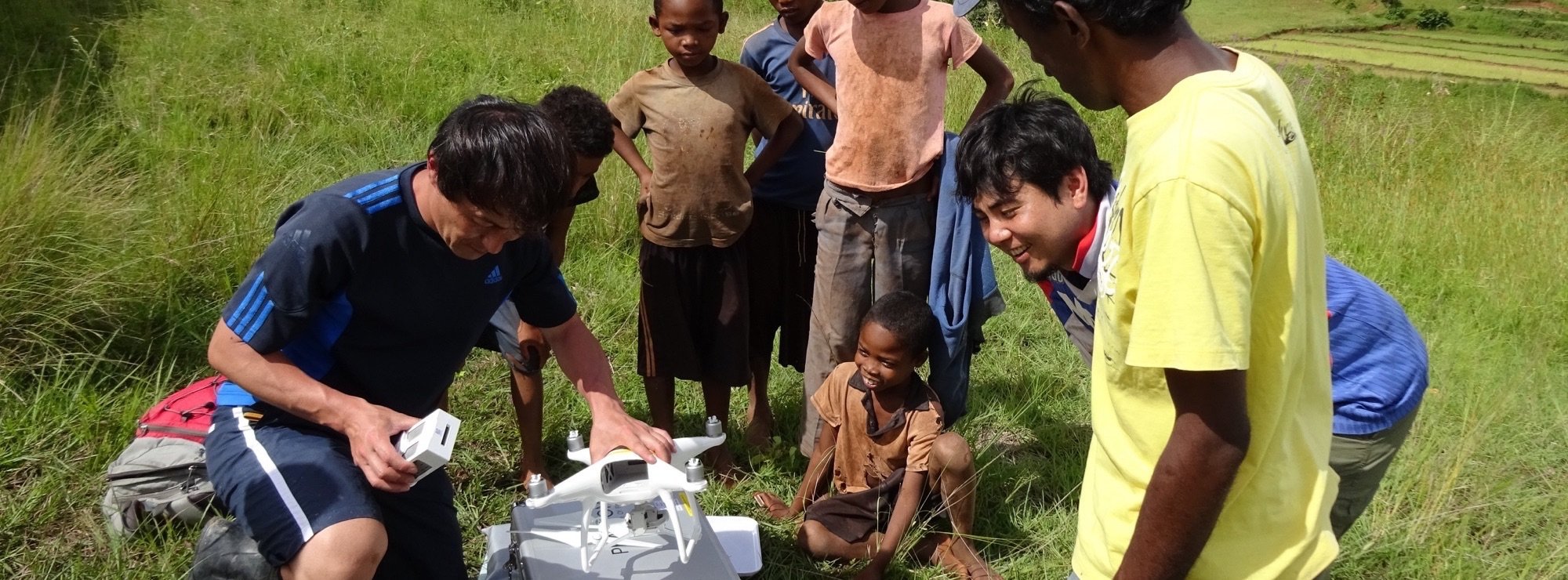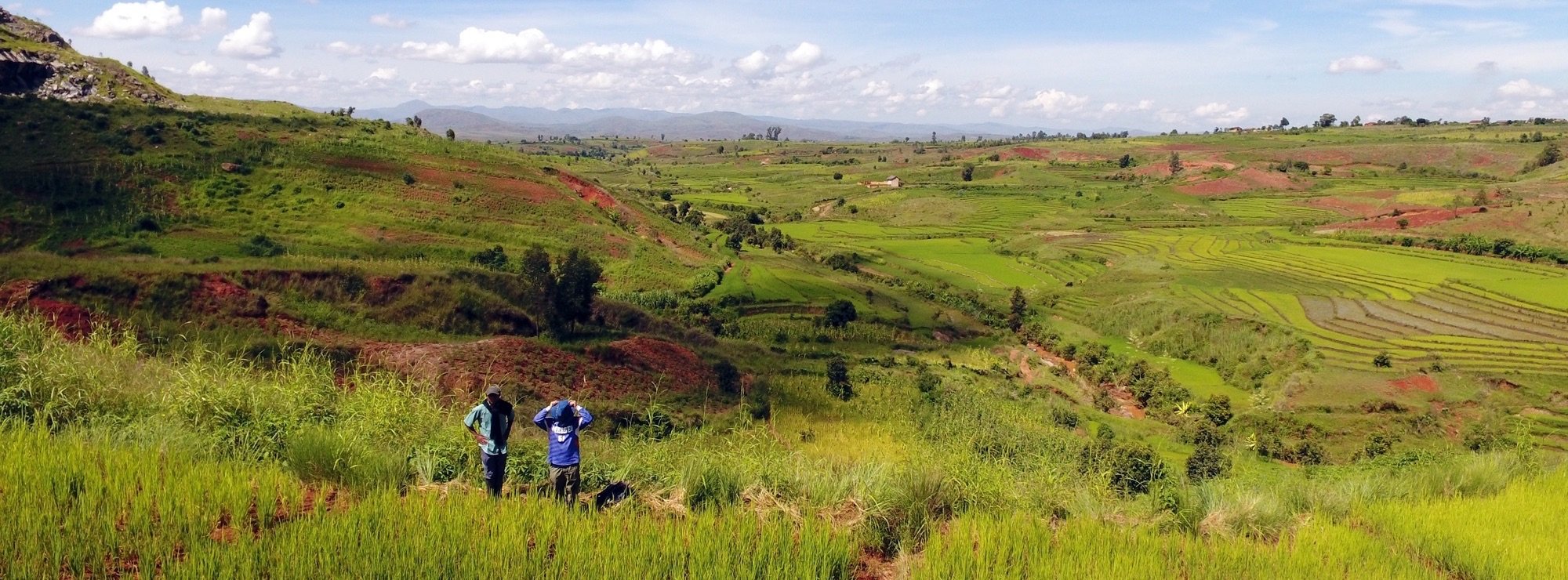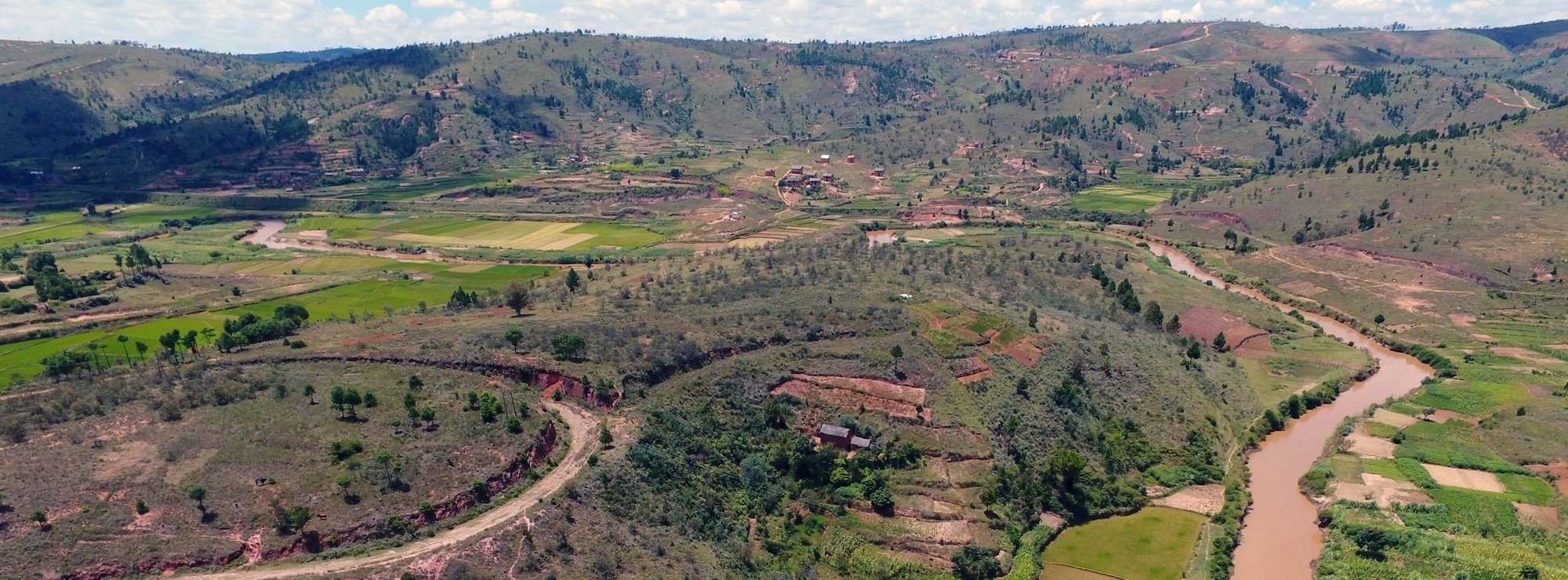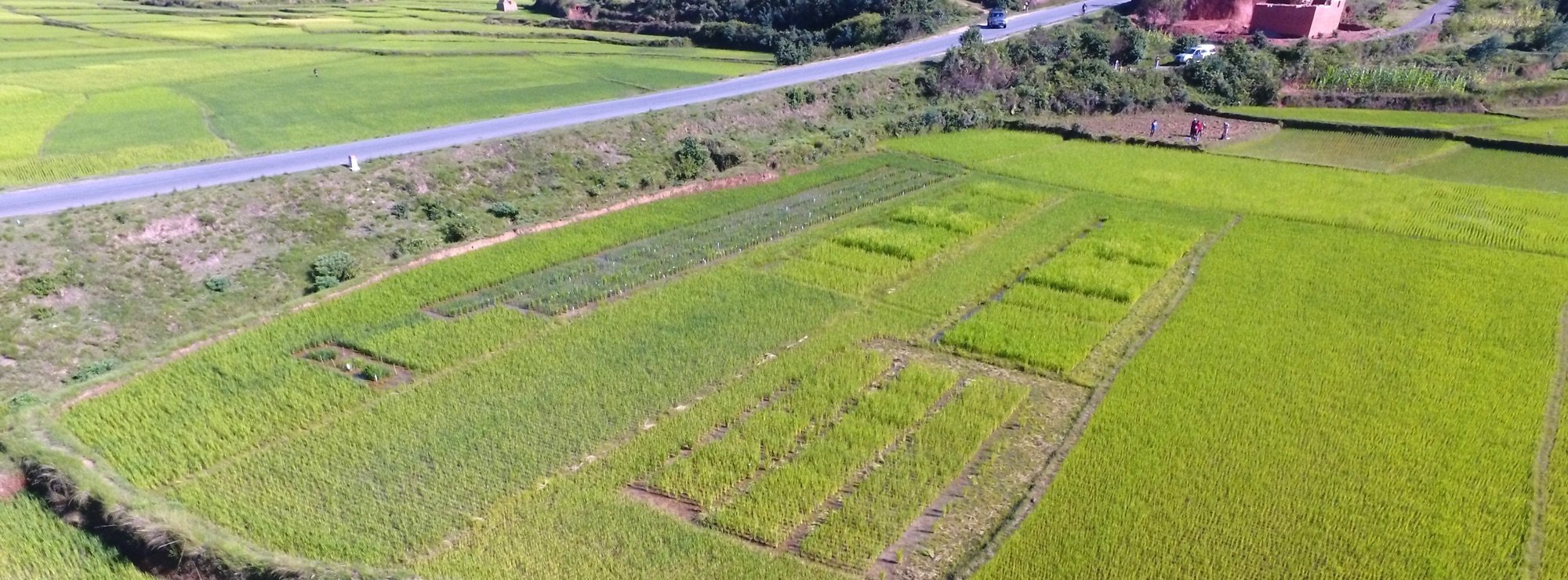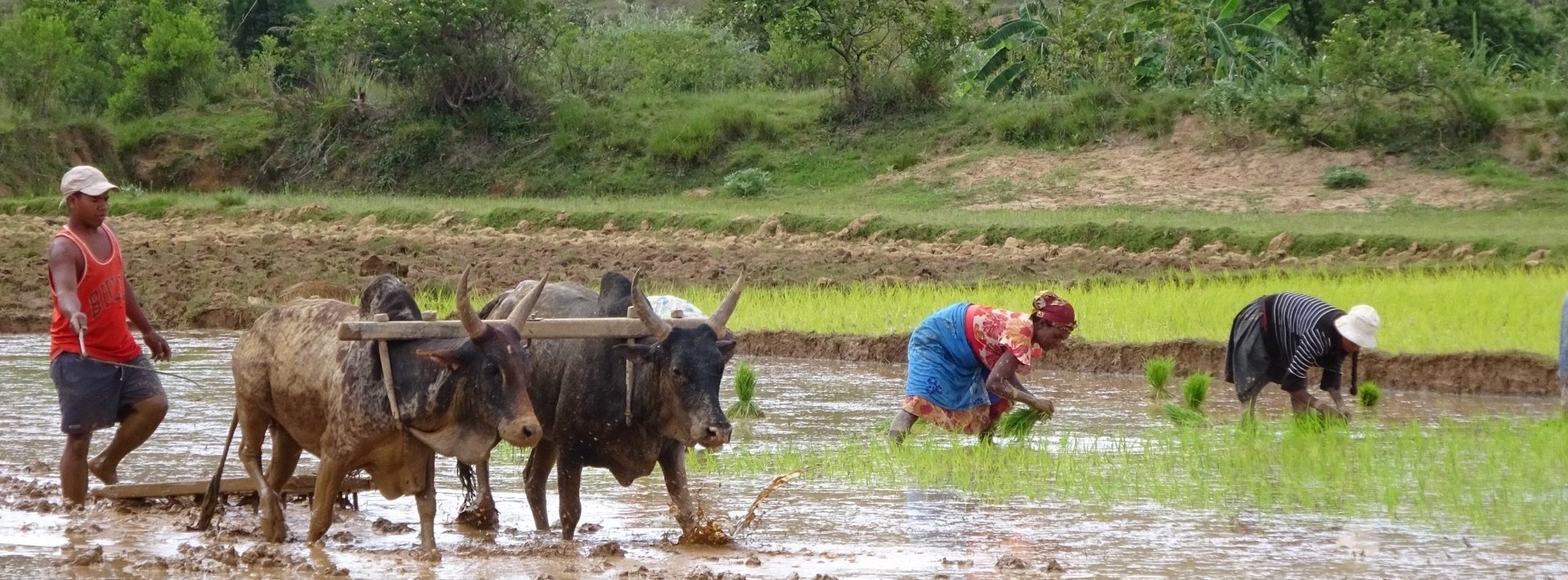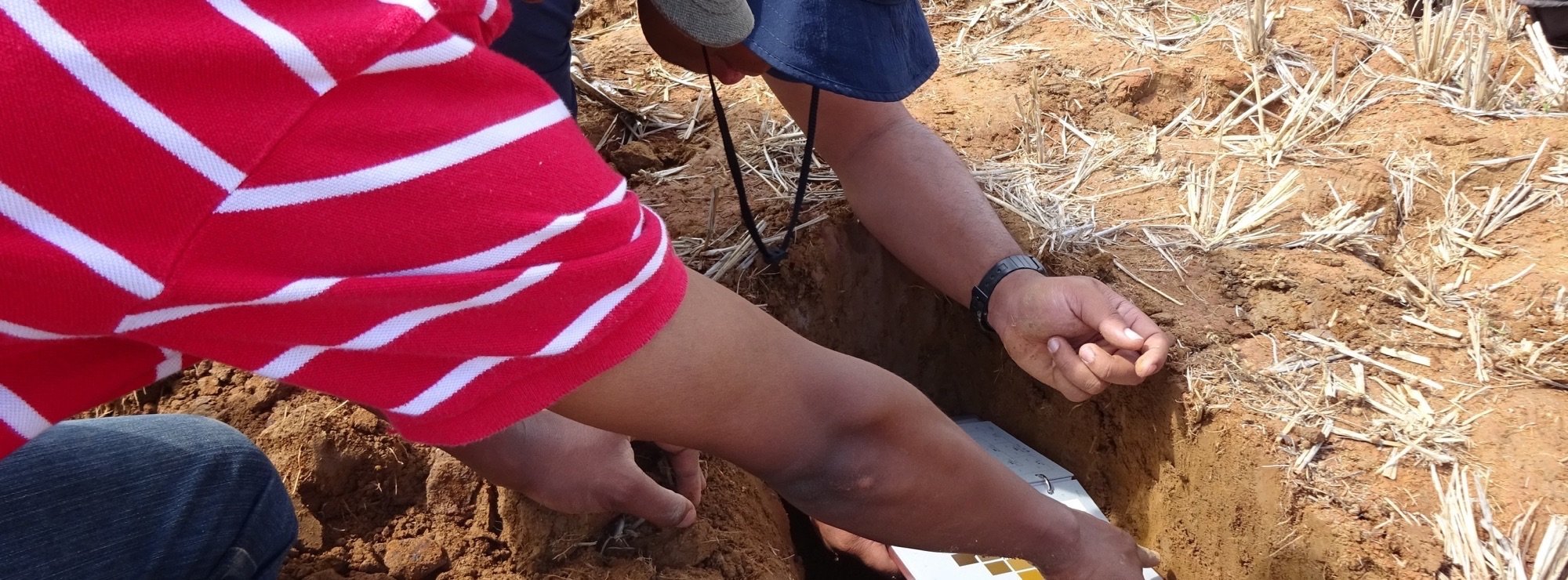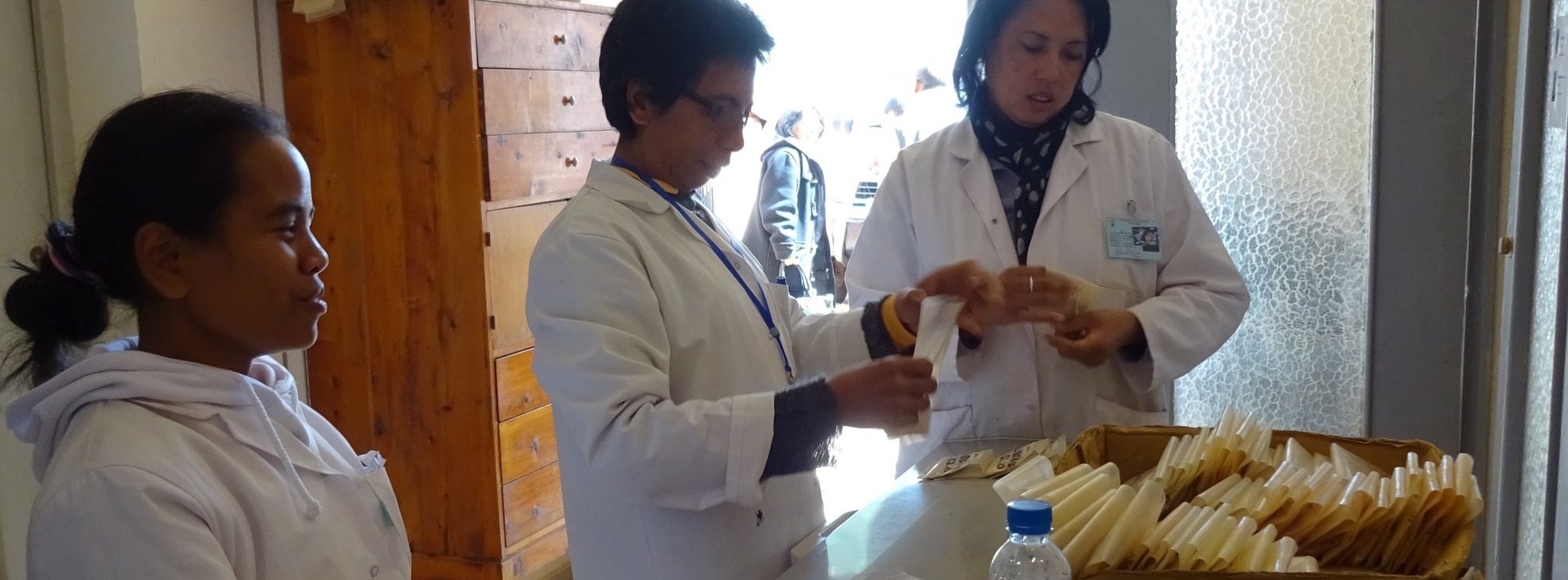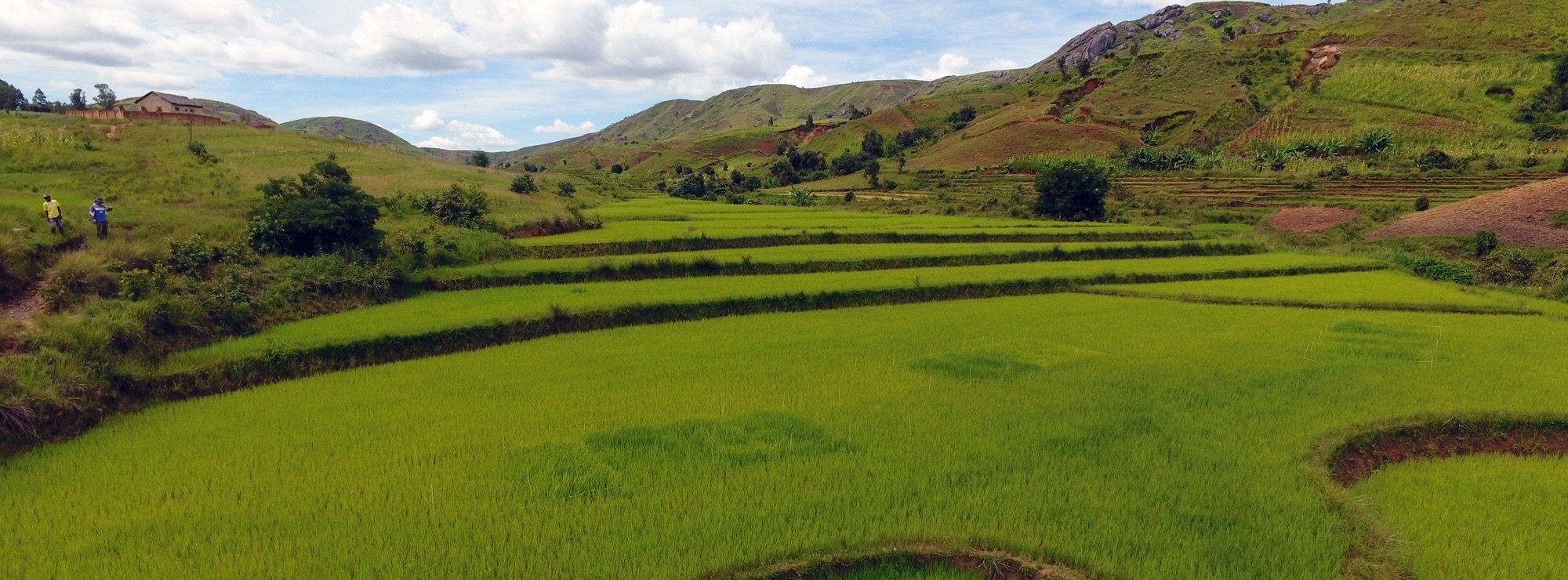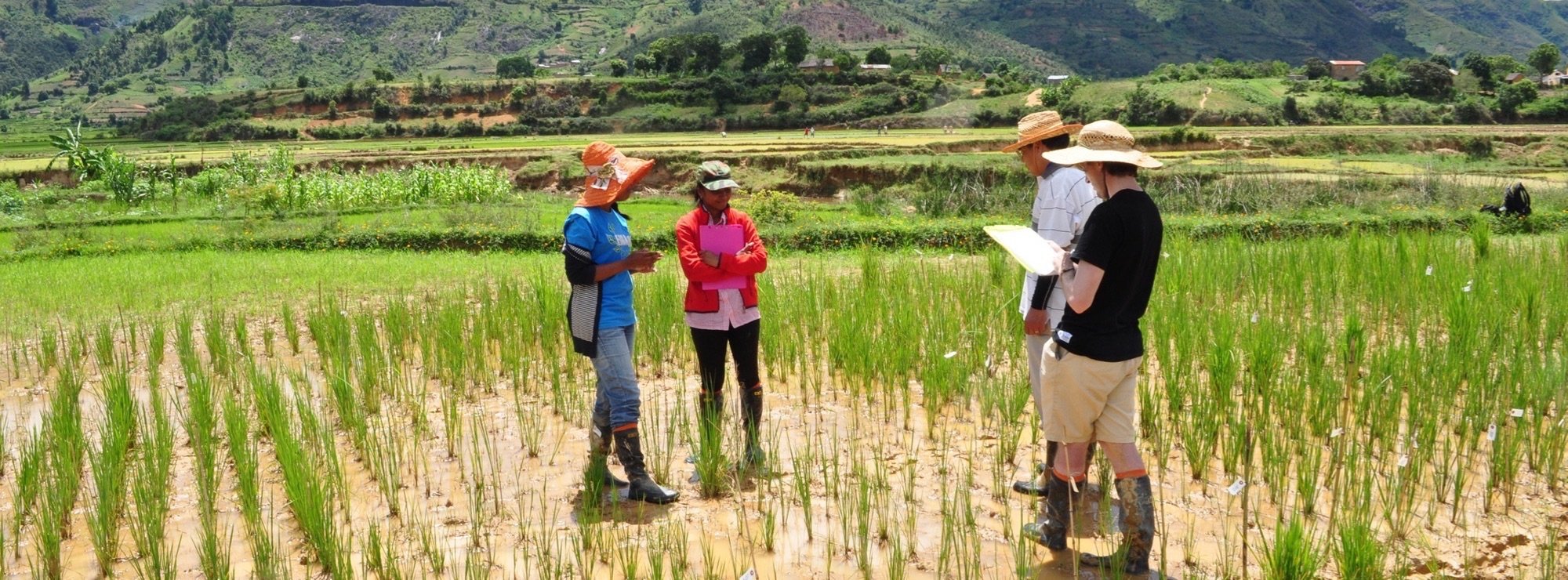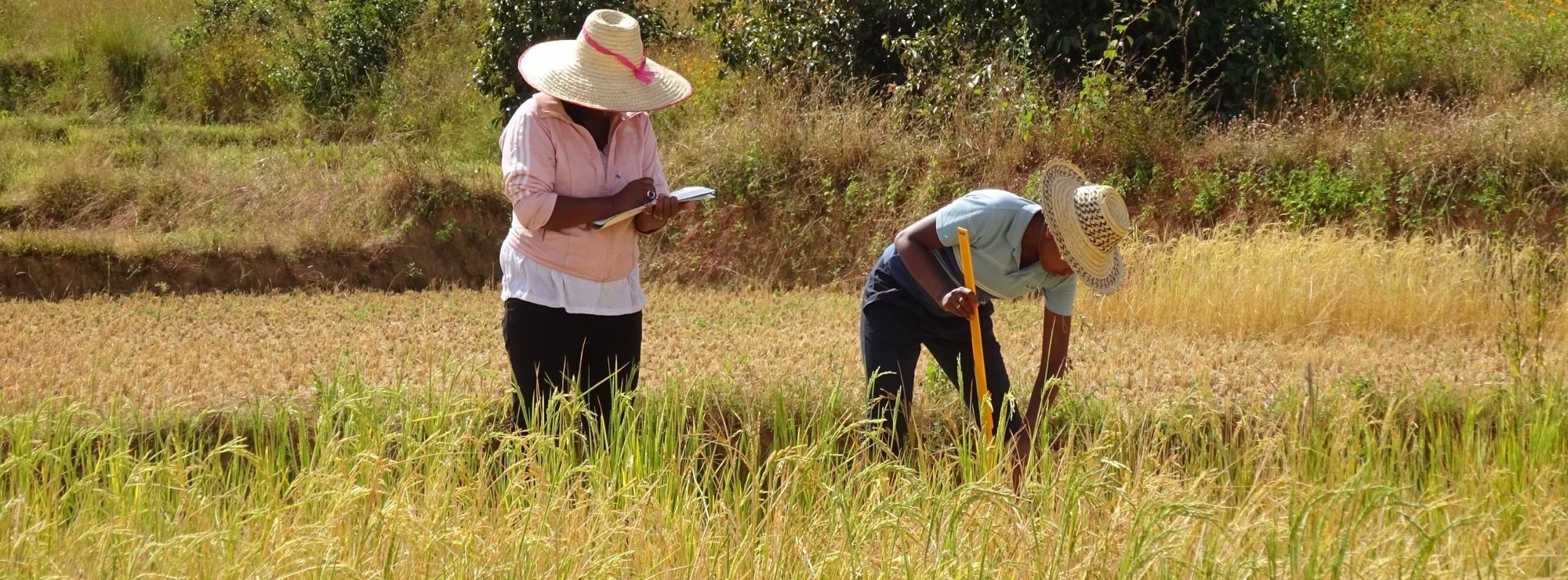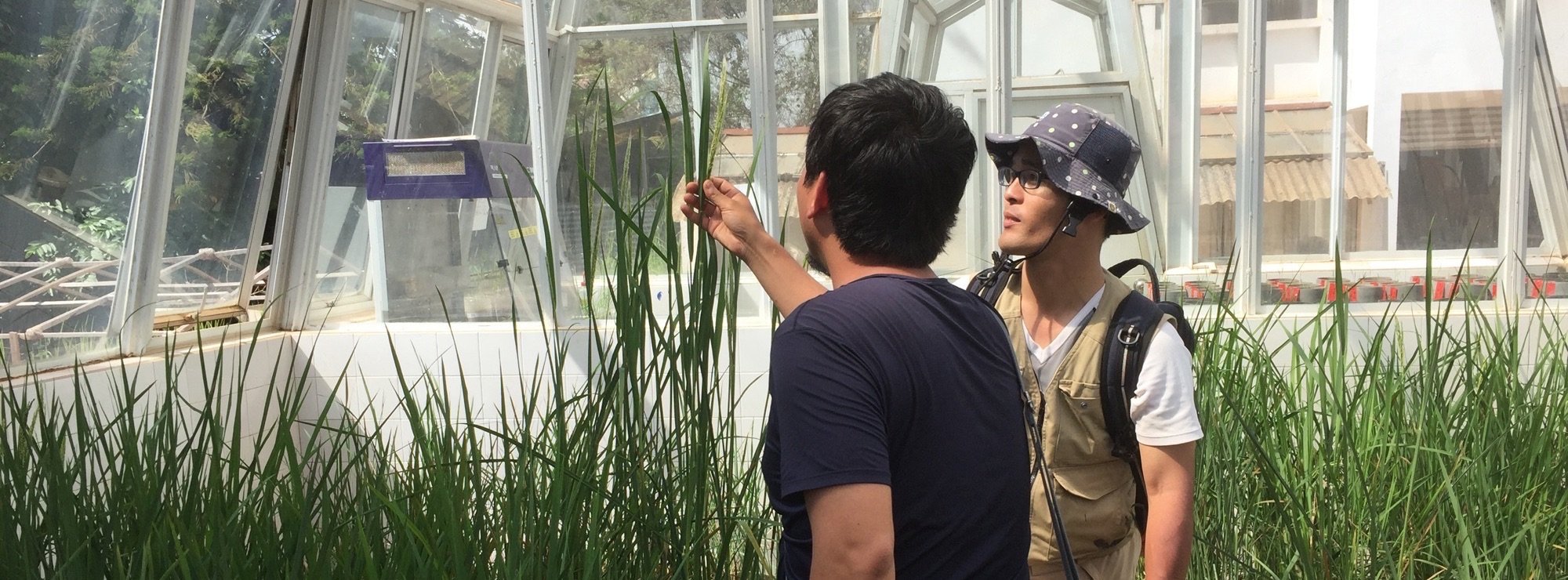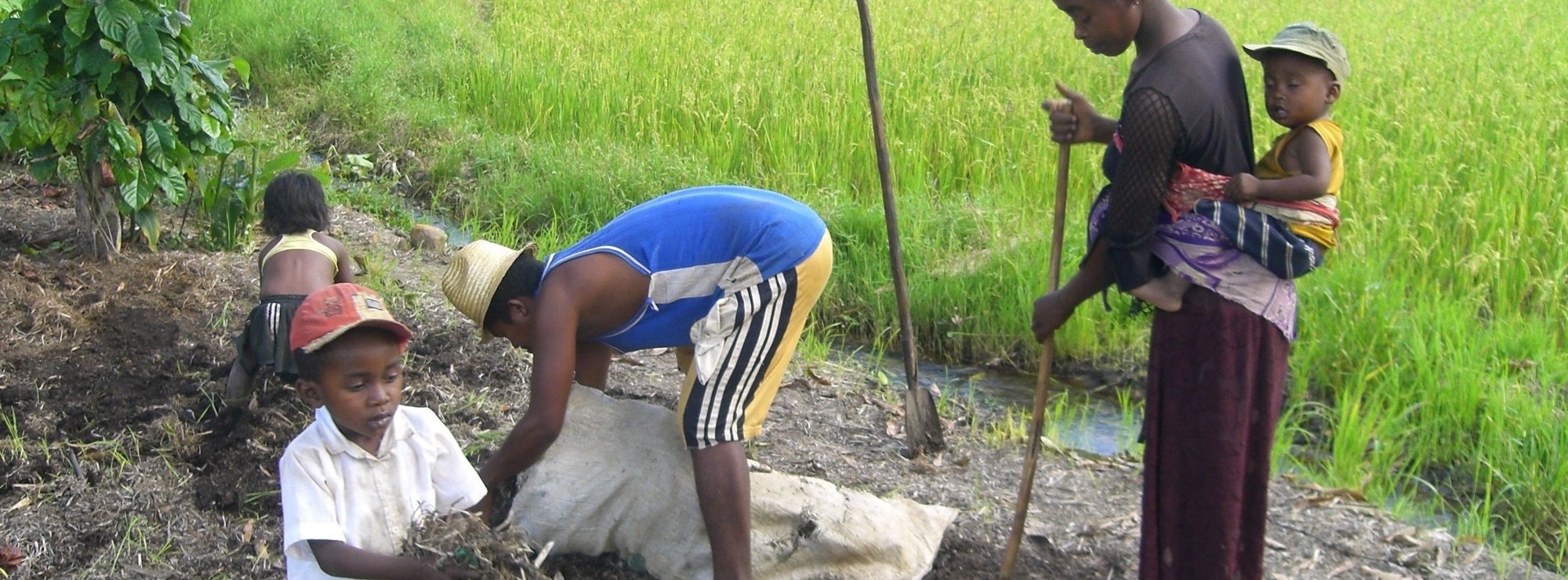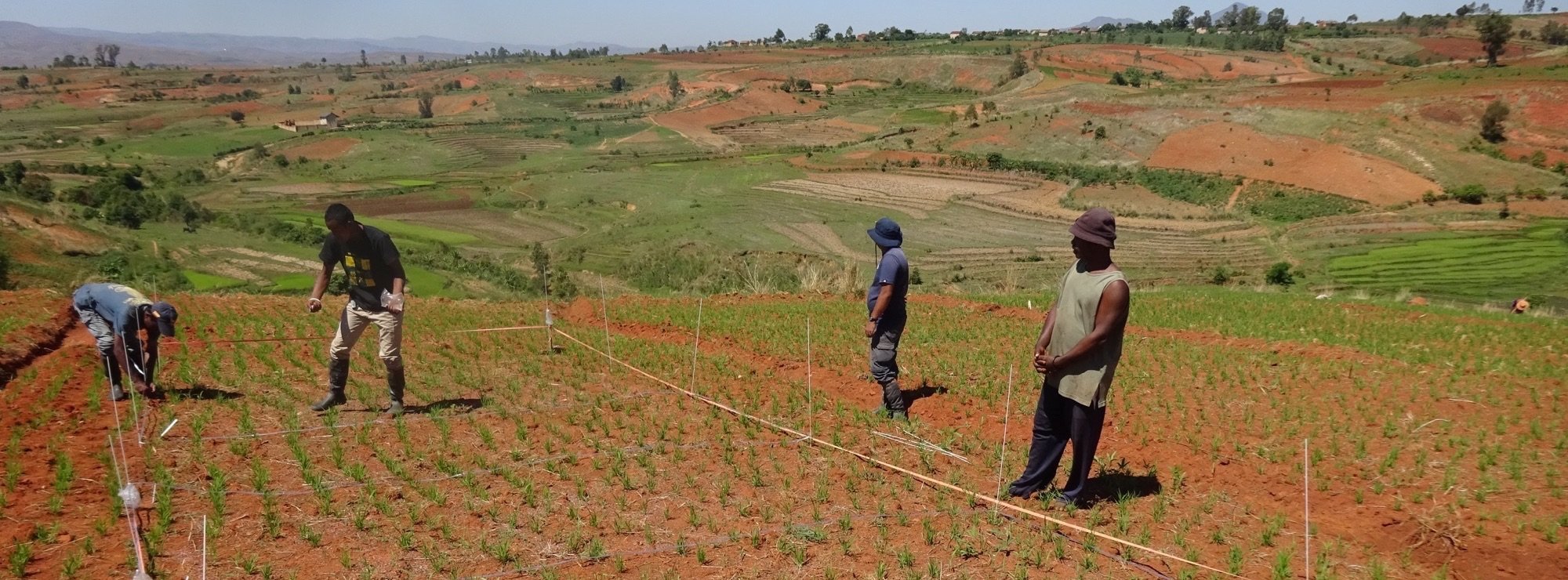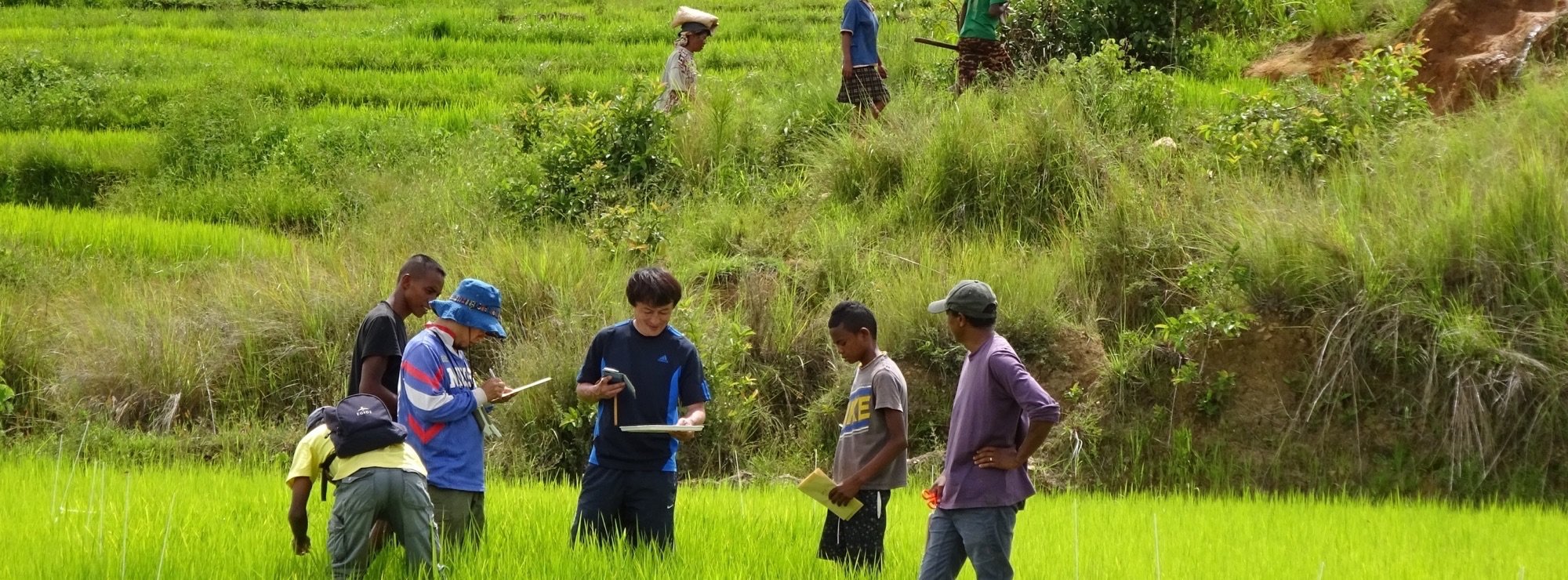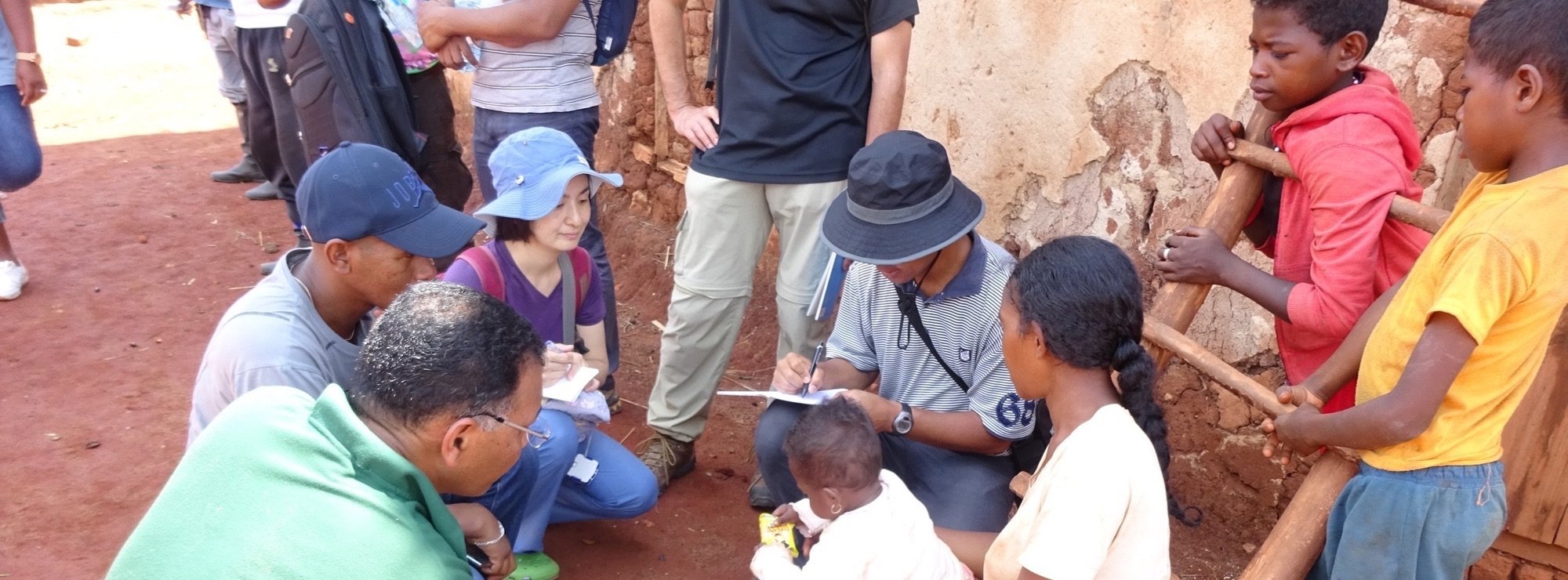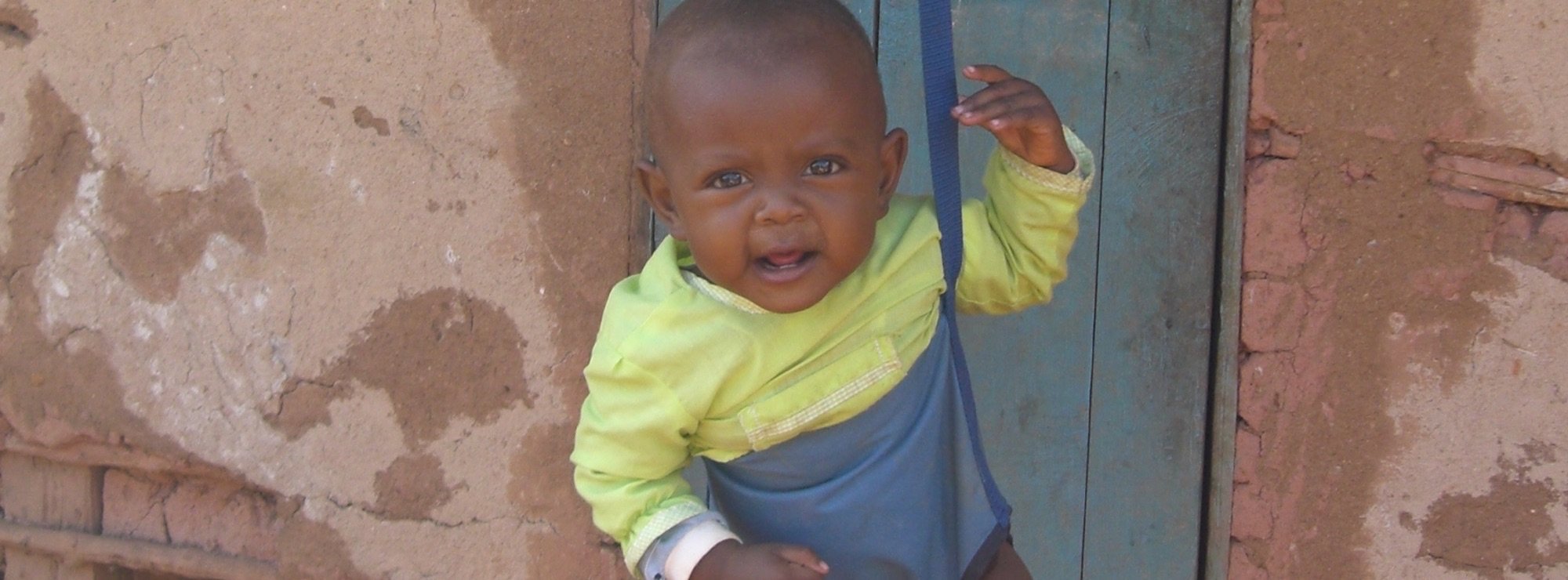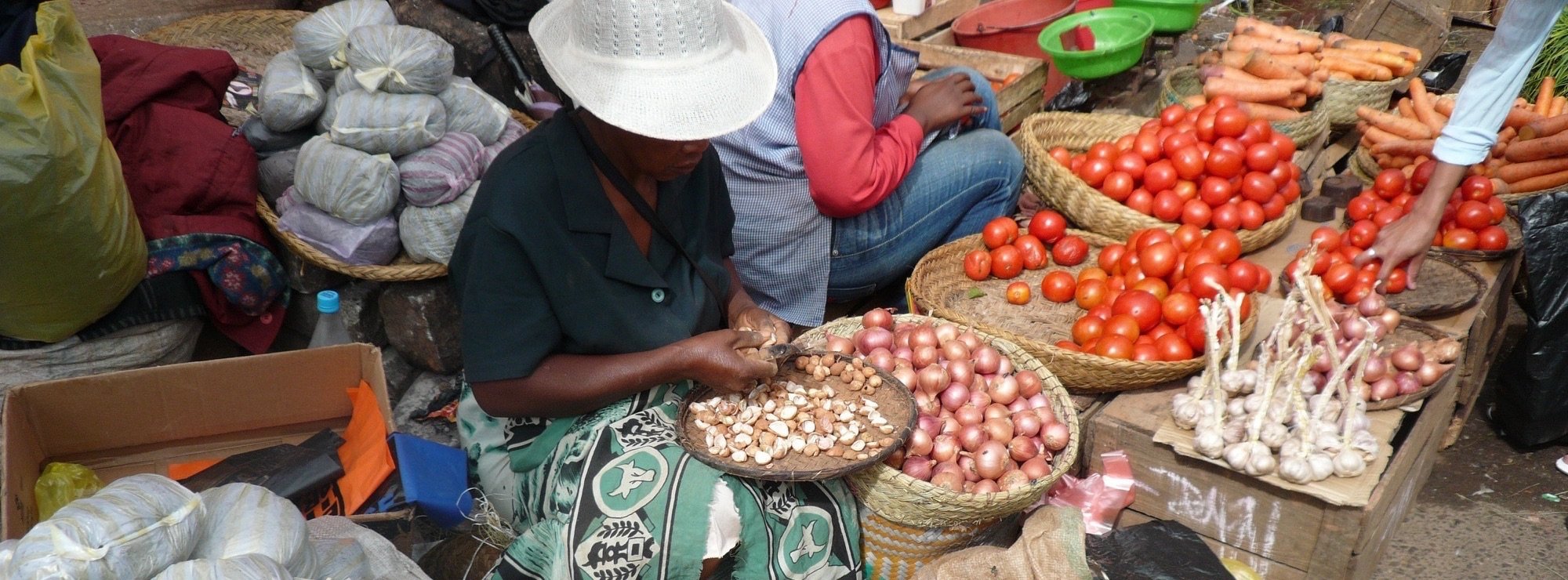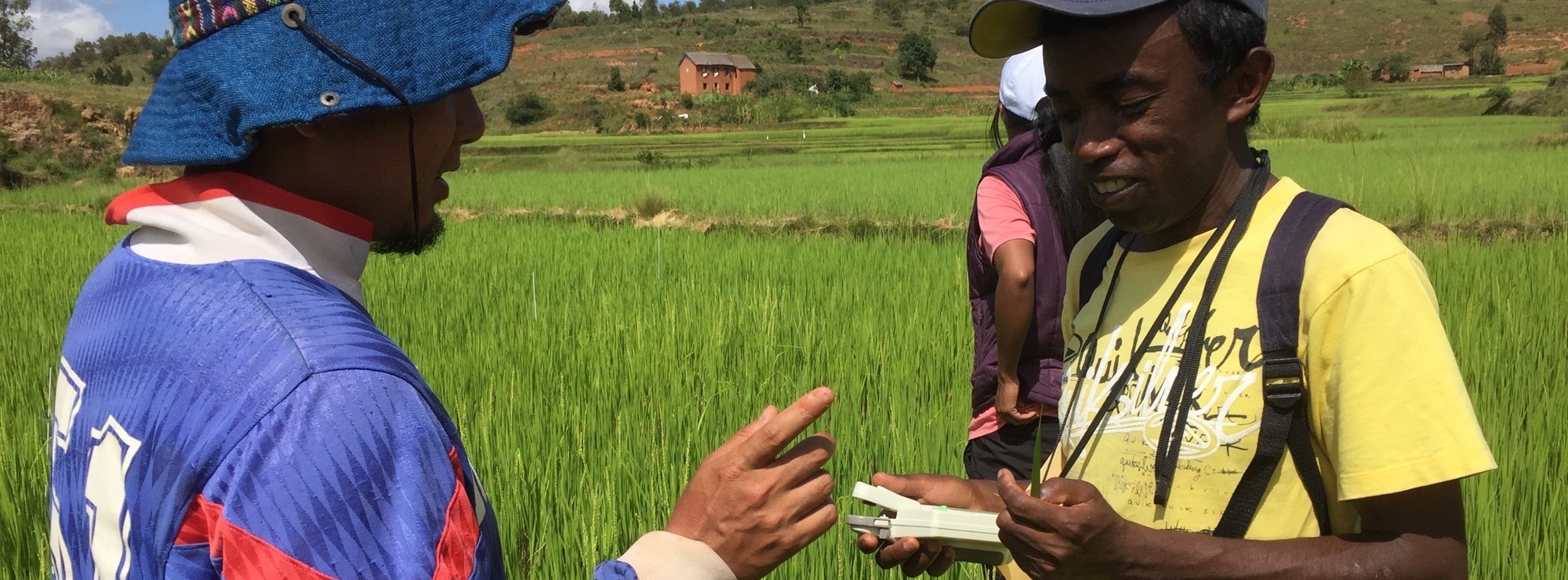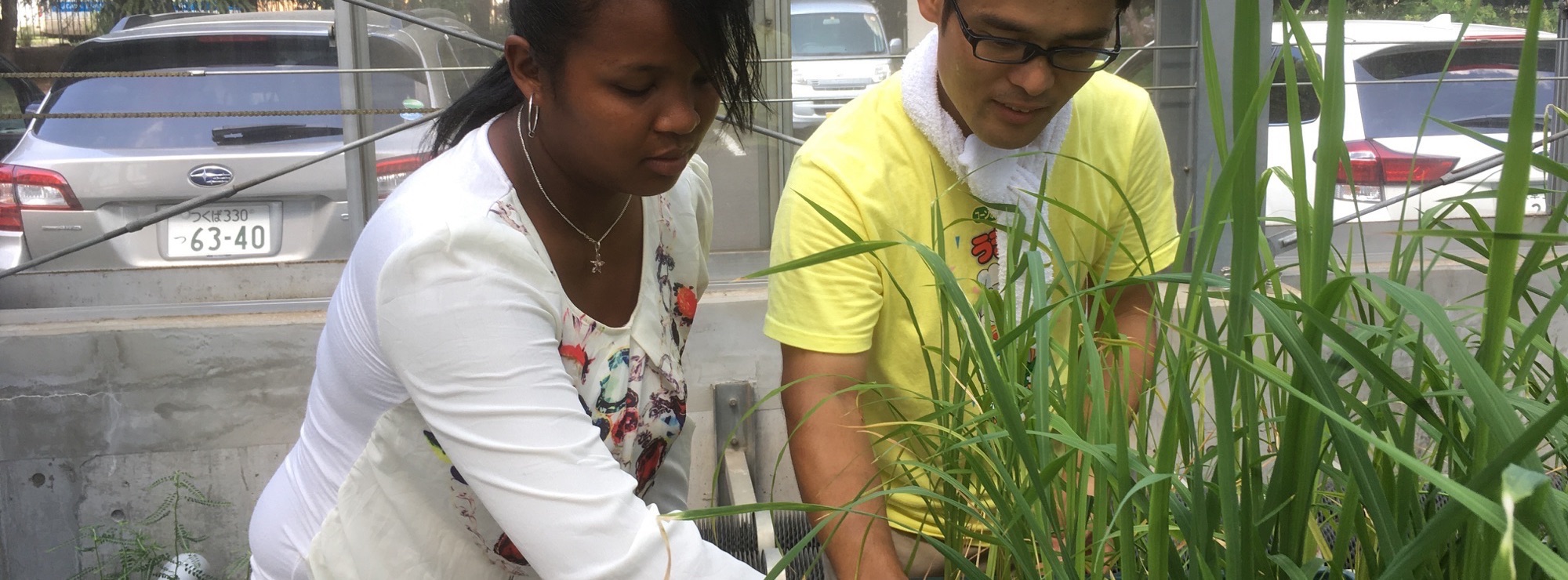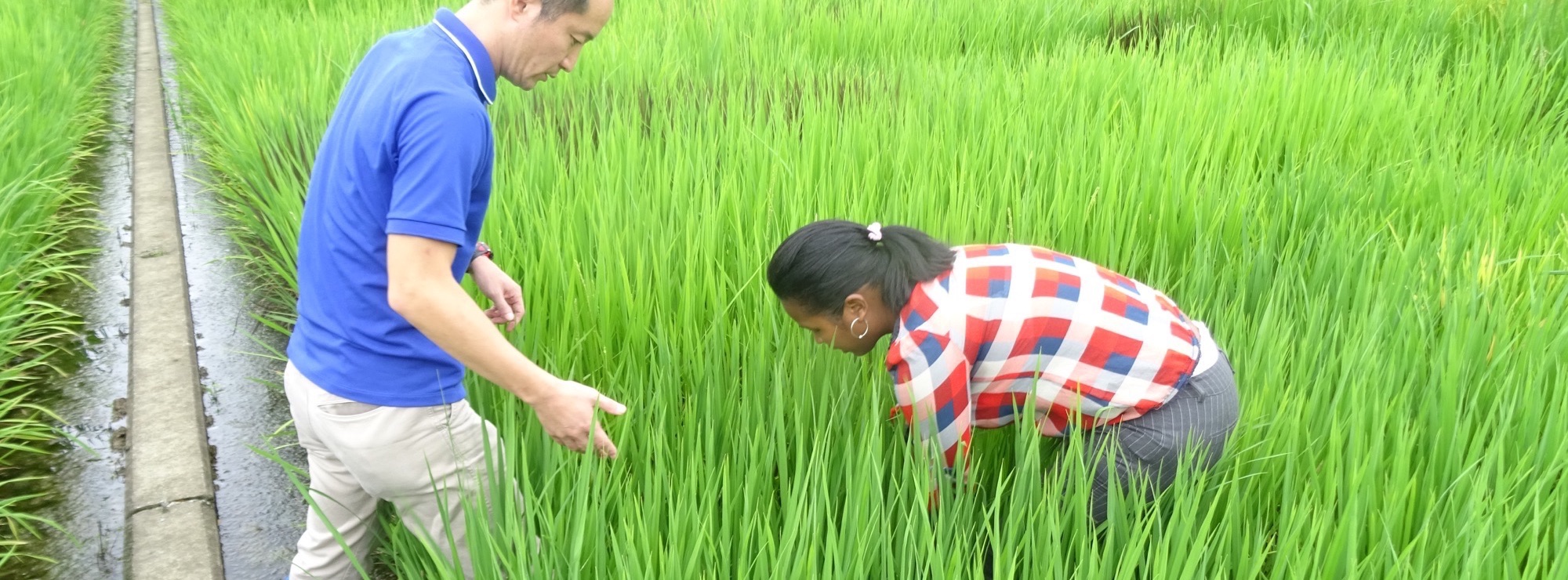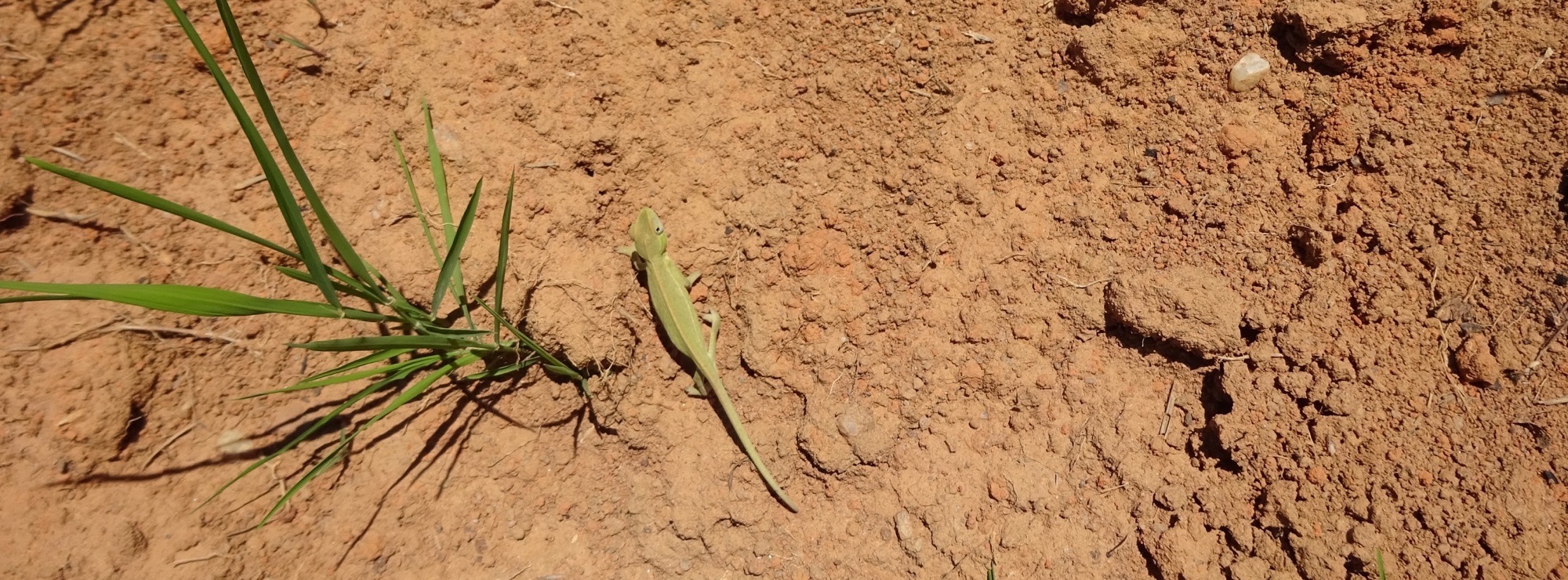About the FY VARY project
"FY VARY, which stands for “FertilitY sensing and Variety Amelioration for Rice Yield”, also means “tasty rice” in Malagasy, the national language of Madagascar. A literal translation of the Japanese project name would be “Project for Breakthrough in Nutrient Use Efficiency for Rice by Genetic Improvement and Fertility Sensing Techniques in Africa.” The following is an overview of the project.
To increase the rice yield under low fertility conditions through rapid diagnosis of soil fertility and the development of nutrient-use-efficient breeding lines
Madagascal is one of the largest rice producers in Africa with a per capita rice consumption twice as high as that of Japan. Its rice productivity, however, remains stagnated to date because of the lack of fertilizer input and nutrient-poor soils occurring in many areas of Africa. The project aims to develop rice production techniques to realize high yield even under low fertility conditions by combining fertilizer application techniques suited to the soil nutrient characteristics of the field and new breeding lines with high nutrient use efficiency. It will also evaluate the impact that the adoption of such techniques has on the income and nutritional status of local farmers.
Toward the stabilization of African food production and a paradigm shift in agriculture
The project will contribute to stabilizing food production in Africa by disseminating rice production techniques suited to the poor fertility soils common in Madagascar and elsewhere in Africa. Furthermore, the development of techniques to raise crops with high nutrient use efficiency is expected to help promote the conversion from resource intensive to a resource-saving and sustainable agriculture.
Strengthening our international joint research structure
Through this research project, we will promote exchange between Malagasy and Japanese researchers and train future researchers with the aim of building an international joint research structure for high-quality agricultural research and development.
Based on the achievements obtained through this project, we are now launching the VaryAla Project, which aims to establish a sustainable food production system at the landscape level.

